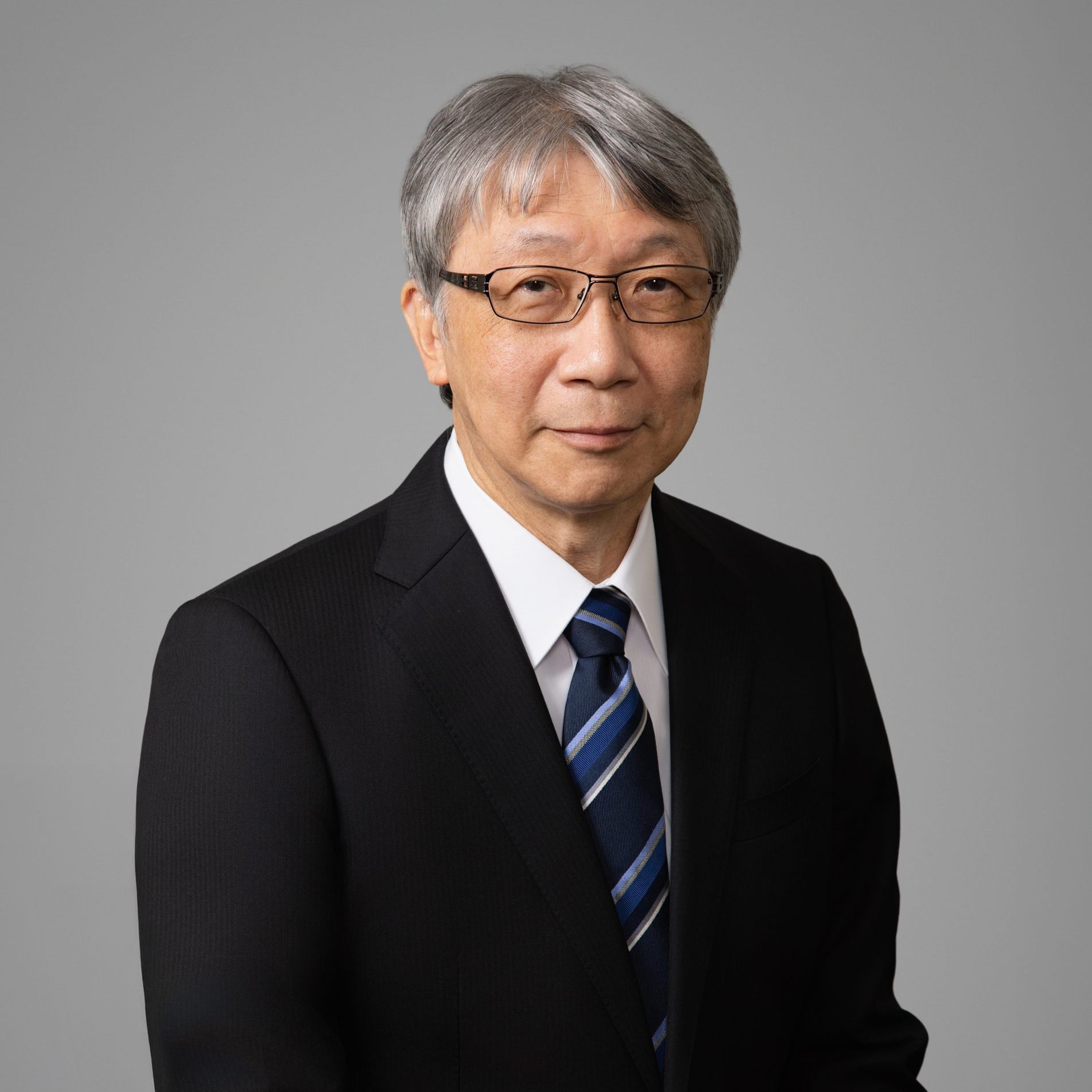Since their establishment in 1963, National Institute of Technology (Kosen) have been pioneering engineering education for over 60 years. As unique institutions that combine elements of both high school and university education, Kosen aim to cultivate practical engineers with specialized knowledge and skills. They have continuously evolved as key institutions supporting Japan’s engineering education. National Institute of Technology (KOSEN), Toyota College (Toyota Kosen) has played a significant role in this system, striving to develop engineers with both practical ability and creativity, and has produced many outstanding professionals since its founding.
The most distinctive feature of Kosen education is its five-year program, which allows students to systematically learn both specialized technical skills and fundamental academic knowledge from the equivalent of a high school first-year level. At Toyota Kosen, we have designed a curriculum that balances general education and specialized knowledge, offering engineering education in a wide range of fields, including mechanical, electrical and electronic, information, environmental and urban, and architectural engineering. Moreover, we emphasize not only the acquisition of individual skills but also the development of teamwork and problem-solving abilities. Toyota Kosen offers a rich curriculum that includes hands-on learning experiences addressing regional community issues and extensive English reading programs to enhance language proficiency. Students are also encouraged to participate in extracurricular activities such as the International Exchange Video Contest, where they collaborate with foreign students, and robotics competitions. Upon graduation from the five-year program, students can continue their education in the Advanced Course, which provides education equivalent to a university undergraduate program. Regarding career paths, approximately half of our graduates enter the workforce, while the other half pursue further studies in the Advanced Course or transfer to universities nationwide to acquire more advanced scientific and technical expertise.
In today’s rapidly advancing technological landscape, the qualities required of engineers are constantly evolving. Beyond possessing knowledge, engineers must be able to apply their expertise to solve societal challenges and create new value. At Toyota Kosen, we remain committed to our educational philosophy of “practical ability,” “creativity,” and “international perspective.” We strive to provide an enriched learning environment where each student can develop autonomy, take on diverse career challenges, and broaden their global outlook. Our college is equipped with dormitory facilities, enabling students from distant areas or those starting independent living to focus on their studies with peace of mind. The dormitory also fosters close interactions among students, contributing to a fulfilling school life. Another major characteristic of Toyota Kosen is its strong international orientation, with more than 40 students studying abroad annually. Additionally, we welcome international students, allowing our students to engage in cross-cultural exchanges and cultivate a broad, global perspective.
Toyota Kosen graduates have historically excelled as immediate assets, particularly in the manufacturing industry, earning high praise from numerous companies. University faculty members at transfer destinations also highly evaluate our graduates for their ability to think independently and apply practical skills. Moving forward, we aim to further enhance career path education, expanding opportunities for students to take on leadership roles in industry or pursue advanced academic and research careers at universities and graduate schools worldwide.
For those who dream of a future in science and technology and aspire to make an impact on the global stage—why not embark on this journey with us at Toyota Kosen? Here, you can challenge yourself and discover new possibilities.

